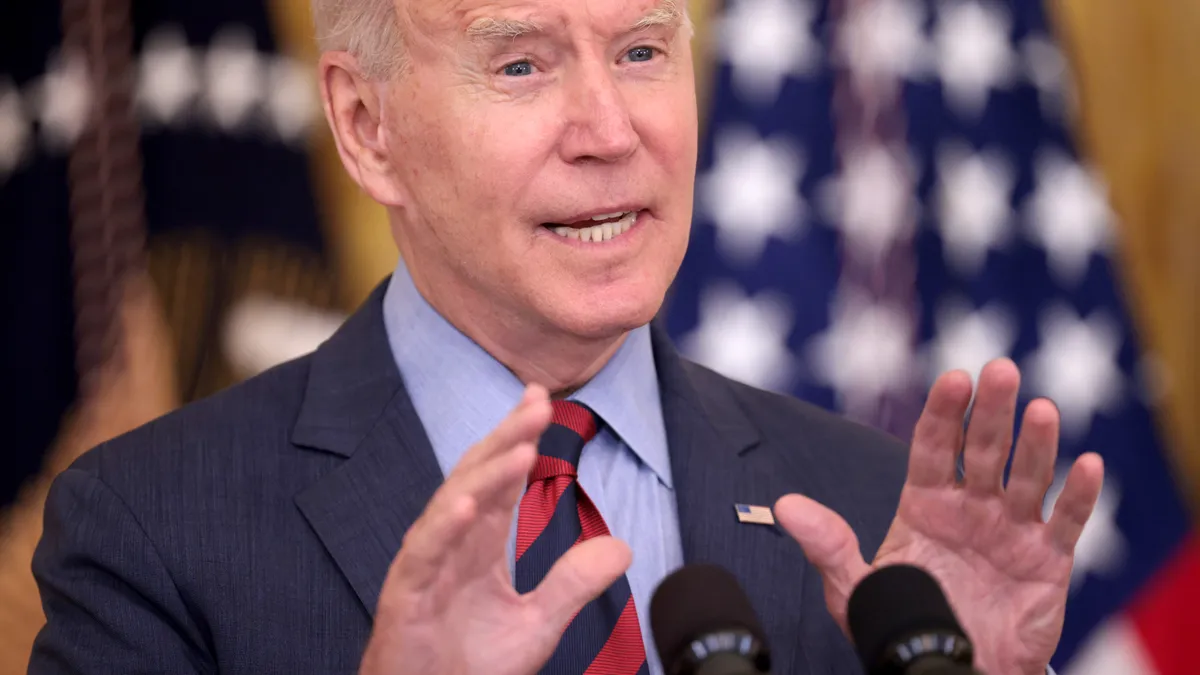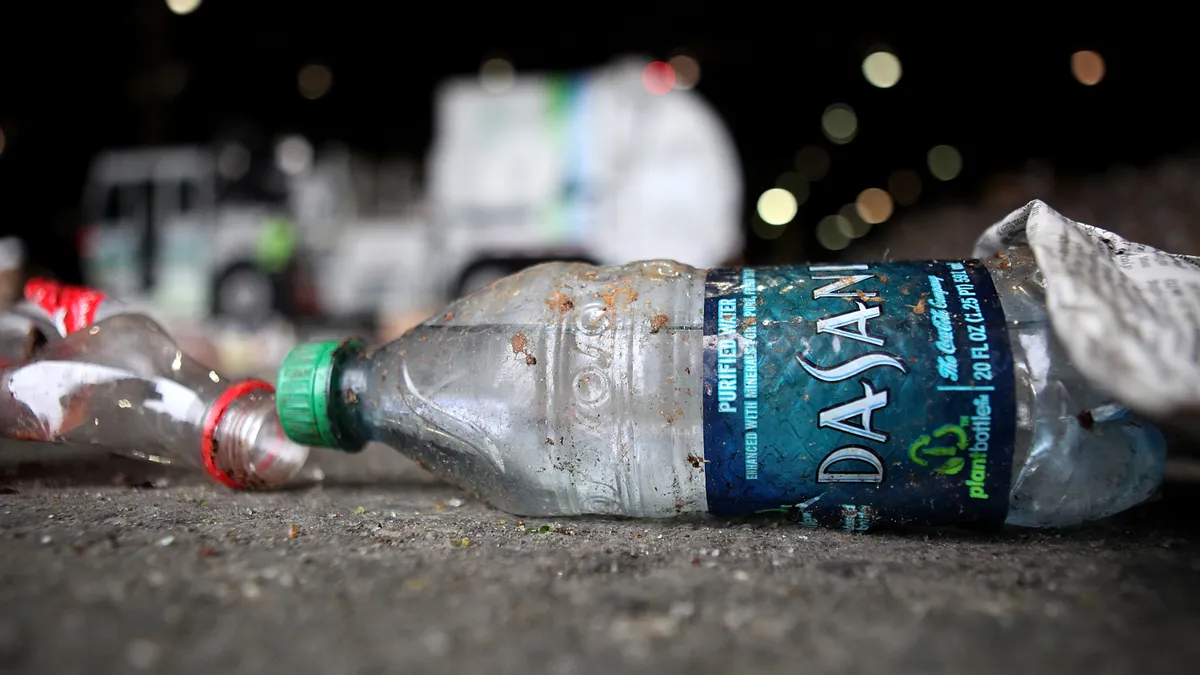In the town of East Longmeadow, MA, you'll find a small group of employees in an office equipped with various table top games like ping pong, foosball, and pool. The kitchen is full of snacks and dogs make themselves comfortable as their owners go about daily activities, occasionally being interrupted by laughs and office camaraderie.
No, this is not a startup tech company. It's Northstar Recycling.
Brothers Noah and Seth Goodman own Northstar, a recycling consulting company that works with manufacturers across North America to help increase recycling and reach diversion goals, such as zero waste-to-landfill. Their customized waste management programs, company culture, and overall ethics have garnered significant recognition across the industry, including being named No.1 Best Place to Work by Plastics News in 2015, and scoring the No. 21 spot on Fortune's 100 Best Workplace for Women in 2015.
However, fostering a welcoming workplace for women was not an initial priority for the Goodman brothers. "As a byproduct of creating a great work place for everyone, we've attracted a lot of talented people, and more than half of those people are women," explained Seth, the company's CEO. "But we really didn't do it with any intention toward attracting women into our organization or making it a great place to work for women. We did it in a way to make it a great workplace for everybody."
How company culture has impacted success
In order to make Northstar a great workplace for all employees, the Goodman brothers focused on three key company pillars: flexibility, open communication, and creating a sense of community.
"Noah and I intentionally wanted to create a work environment where people felt safe, where they felt like their voices could be heard, where they felt like they had the freedom to take chances without retribution," said Seth.
Part of this company culture is allowing employees the flexibility to work remotely after completing one full year in the Massachusetts office. As a result of this, only 20 of the company's 34 employees are based in East Longmeadow; the rest are located across the country. Some employees have worked out flexible hours to ensure they can keep up with their families and out-of-work obligations.
"I only work part-time because I have two kids," said Northstar accountant Jennifer Duquette, explaining that Seth was open to creating a schedule that fit Duquette's busy lifestyle. "He was flexible from the get-go and the minute he offered me the job to come and work for him and Noah, I jumped at it ... I couldn't get a better opportunity."
Despite much of the team being scattered around the country, Northstar is able to "keep the camaraderie high" and keep relationships in tact by planning frequent 3-4 day retreats, such as beach weeks or skiing trips.
Additionally, Northstar has prided itself on allowing everyone to have a significant voice. "We have a very flat hierarchical structure, meaning there are very few layers in our company. Access to myself and my brother and other leaders of the company is always available," said Seth. The company has a daily 15-minute conference call "huddle" where each employee has the opportunity to speak up, ask for help with the day's tasks, and then collaborate with other employees in order to get work done.
The values that the Goodman brothers have built their business on have not only created a positive work environment for current employees, but have also attracted high-level talent. This year, the company will hire three Ivy League graduates to join the team.
"We recognized that in order to attract the best talent, we have to offer this flexible work environment," Seth said.
The importance of drawing women (and millennials) to recycling
"I definitely feel like women are underrepresented in the recycling industry," said Northstar's Client Development Executive Liz Karnuk. She is one of the many women that Northstar has hired and helped grow, as her career in the recycling company has blossomed from customer service, to sales, to her current role.
Combating the underrepresentation of women in the industry is not easy. "Classic recycling jobs" tend to be thought of as laborious and physically demanding, which can draw in a more male-driven interest level to the industry as a whole, according to Karnuk. However, she and other women of Northstar believe that changing what society thinks of as "recycling jobs" has made all the difference for Northstar— even enough to honor them as a "best place to work" for women.
"One great thing that Seth and Noah have been pushing to do is to help change the image of what it means to work in the waste industry," said Emily Wilson, Northstar's senior marketing manager. "I think part of the issue is there's a social misunderstanding about what the waste industry is. People picture someone on the back of a garbage truck coming to pick up your curbside recycling, or someone standing on a sort line and sorting through trash. I think that part of the way to make it seem like more of a career fit for more types of people is to let people know ... the behind the scenes of the industry and that it actually is a great career opportunity no matter what background you come from."
Wilson, a recent graduate of Michigan State University, also spoke to the importance of encouraging millennials into waste management. She said that after only 11 months of working, Northstar offered her an "eye-opening" promotion that she would not have necessarily had the courage to ask for so early in her career.
"We have great success [with millennials] because what they really like about our industry is that we are literally helping companies divert materials out of the landfill stream and into the recycling stream. So they love that they can see the results of their work with a company like ours," explained Seth. "We think this is a fantastic industry for millennials, especially those that are passionate about the environment."
What other companies can learn from Northstar
In the waste industry, companies will range from a small company of under 50 employees, like Northstar, to an enormous company of more than 40,000 employees, like Waste Management. Some businesses will be based in a casual office setting, while others will operate in a MRF or at a landfill.
But no matter the sizes and settings of a company, each has the opportunity to break from the traditional, decades-old "waste management mold" and build a culture that is unique, inclusive, and exciting.
"In order for any organization to be successful, they have to have the right people working together in the right culture with a shared vision of where the company is headed," Seth explained. "My advice to other companies is ... to have an open mind, to recognize that great ideas can come from all different sorts of people, and that they're missing out on a lot of talent by just looking at a certain sector of people."










